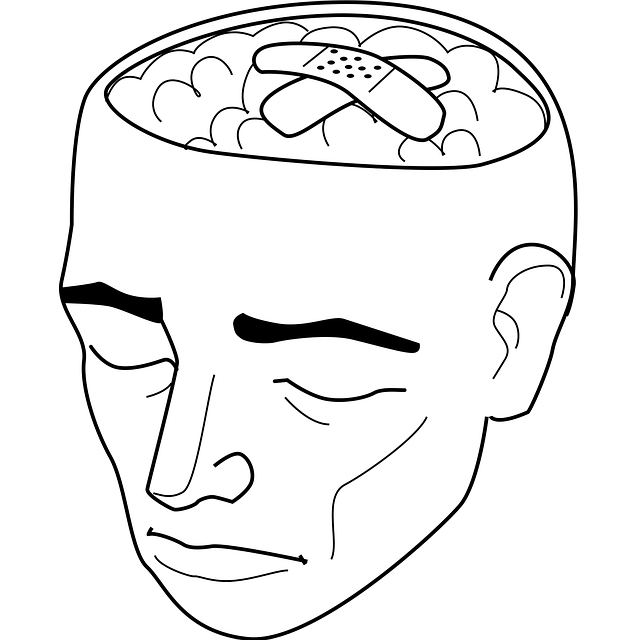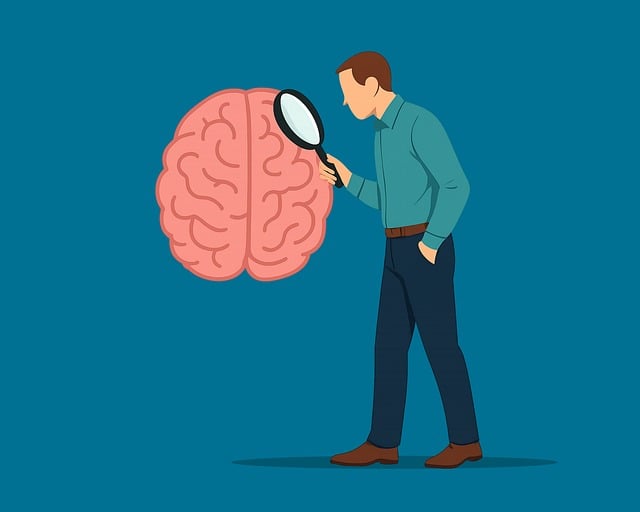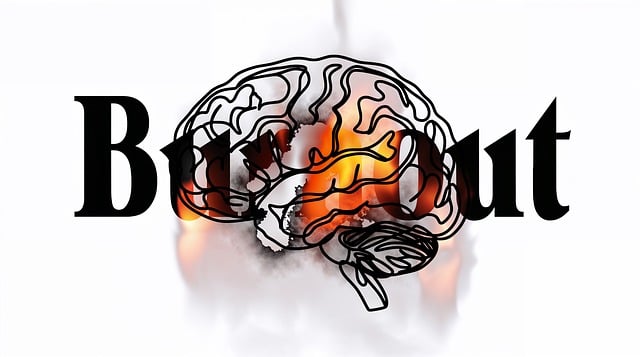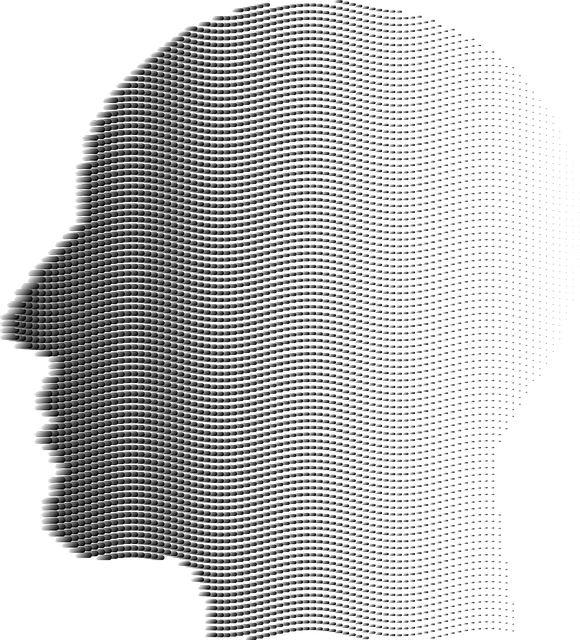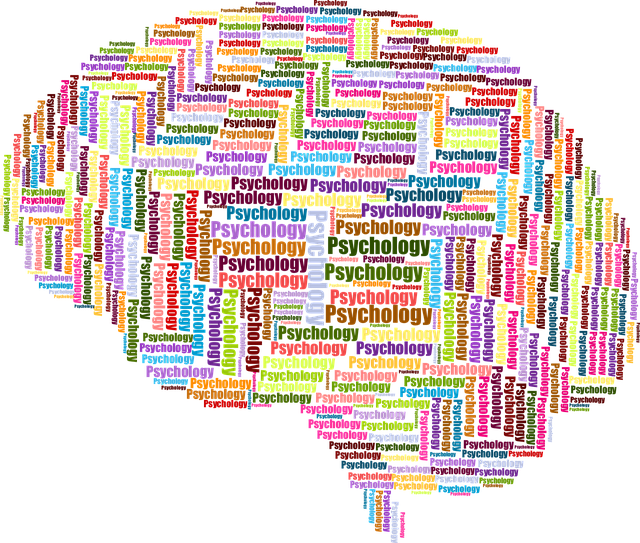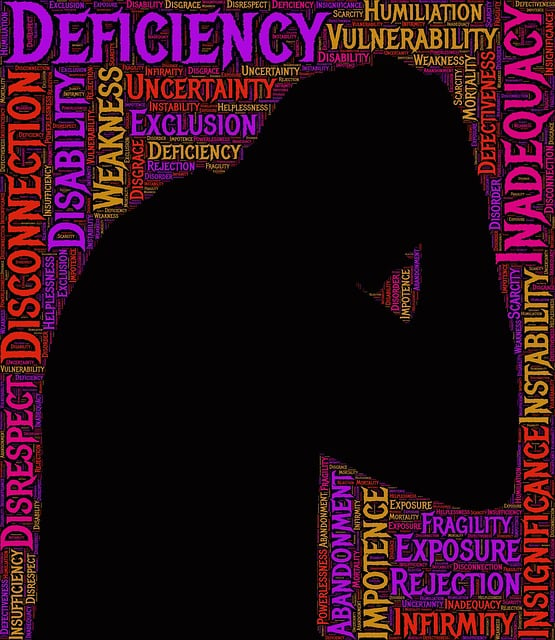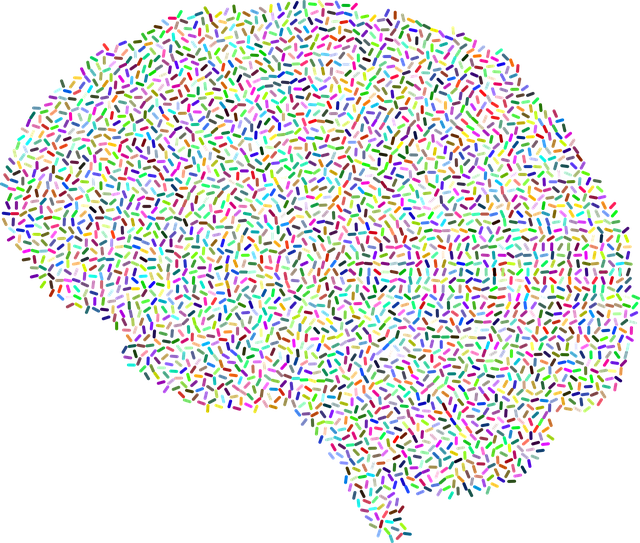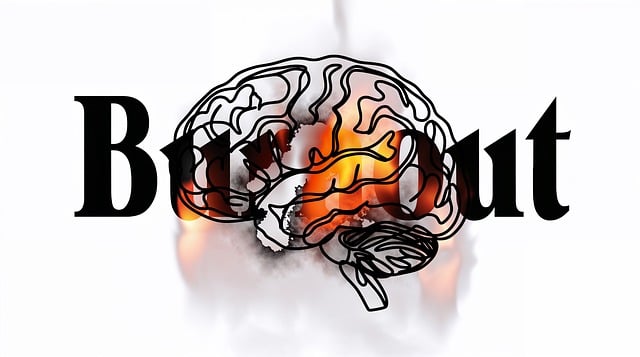Cultural sensitivity is crucial in modern mental healthcare, especially for treating adults with Attention Deficit Disorder (ADD) or ADHD. Every patient's experience with mental health issues is shaped by their cultural background, influencing symptom expression and response to treatment. Mental health professionals must employ empathy, active listening, and adaptable therapeutic approaches to create supportive environments. This involves tailoring stress management and depression prevention strategies to individual cultural contexts, addressing both symptoms and broader life impacts. Effective therapy for adults with ADD-ADHD requires culturally competent practices that respect diverse backgrounds, beliefs, and communication styles, leading to improved outcomes and stronger therapeutic alliances.
In today’s diverse society, cultural sensitivity is paramount in mental healthcare. Understanding the impact of cultural background on mental health and therapy is essential for professionals aiming to provide effective treatment. This article explores key areas such as therapeutic approaches for adults with ADD/ADHD across cultures, overcoming communication barriers with diverse patients, and integrating cultural competence into clinical practice. By delving into these topics, we aim to enhance outcomes for all individuals seeking therapy, especially those from varied cultural backgrounds.
- Understanding Cultural Sensitivity in Mental Healthcare
- The Impact of Cultural Background on Mental Health and Therapy
- Therapeutic Approaches for Adults with ADD/ADHD Across Cultures
- Overcoming Barriers: Communicating Effectively with Diverse Patients
- Integrating Cultural Competence into Clinical Practice for Better Outcomes
Understanding Cultural Sensitivity in Mental Healthcare

Cultural sensitivity is a cornerstone in modern mental healthcare practice, recognizing and respecting diverse cultural beliefs, values, and traditions among patients. In the context of therapy for adults with ADD-ADHD, this understanding becomes even more crucial. Every patient’s experience with mental health issues is shaped by their cultural background, which can influence how they perceive and express symptoms, seek help, and respond to treatment. For instance, some cultures may view mental illness through a spiritual or community lens, emphasizing the importance of family support networks in healing processes.
By incorporating empathy-building strategies, mental healthcare professionals can foster an environment where patients feel understood and validated. This involves actively listening to and learning from patients’ cultural narratives, adapting therapeutic approaches accordingly, and ensuring that interventions promote cultural competence. For adults with ADD-ADHD navigating therapy, this might translate into stress management techniques tailored to their unique cultural context, addressing not just symptoms but also the broader impact of mental health challenges on their lives. Additionally, depression prevention strategies can be culturally sensitive, considering the environmental and social factors that contribute to well-being within diverse communities.
The Impact of Cultural Background on Mental Health and Therapy

Cultural background plays a profound role in shaping an individual’s mental health experiences and their approach to therapy. Each cultural group brings unique perspectives, beliefs, and coping mechanisms that can significantly impact how they perceive and express emotional distress. For adults with ADD-ADHD, this cultural factor is especially relevant. The way symptoms manifest and are understood can vary greatly across different ethnic and social backgrounds. What may be perceived as inattention in one culture might be interpreted as a sign of heightened creativity or energy in another.
This cultural diversity necessitates a nuanced approach to therapy for adults with ADD-ADHD. Therapists must demonstrate empathy building strategies, actively listen to understand individual perspectives, and adapt their mood management techniques accordingly. By embracing these considerations, therapists can create a safe and supportive environment that effectively addresses the specific needs of each client, fostering meaningful healing and improved mental well-being. Depression prevention becomes more achievable when cultural sensitivity guides therapeutic interventions.
Therapeutic Approaches for Adults with ADD/ADHD Across Cultures

Cultural sensitivity is paramount when considering therapeutic approaches for adults with Attention Deficit Disorder (ADD) or Attention Deficit Hyperactivity Disorder (ADHD), especially in a global context where treatment practices and beliefs vary widely. What works effectively in one culture might not be suitable or received well in another, highlighting the need for adaptable strategies that respect diverse backgrounds. For instance, Western-based therapies often emphasize medication and structured behavior modification techniques, while Eastern philosophies may prioritize mindfulness, meditation, and holistic healing methods.
Incorporating cultural considerations into therapy for adults with ADD/ADHD involves understanding the local mental illness stigma reduction efforts and integrating practices that resonate with the client’s background. Mental wellness journaling exercises can be a powerful tool to help individuals process their experiences and track progress while respecting cultural boundaries. Moreover, risk management planning is crucial for mental health professionals working across cultures; it ensures they are prepared to navigate potential challenges and provide safe, effective care tailored to each patient’s unique context.
Overcoming Barriers: Communicating Effectively with Diverse Patients

Overcoming barriers to communication is a vital aspect of providing culturally sensitive therapy for adults with ADD/ADHD. Many patients from diverse backgrounds face unique challenges that can impact their mental healthcare journey. One significant hurdle is language, where cultural nuances and dialects may create misunderstandings. Therapists should be equipped with skills to adapt their communication style, ensuring clarity and comfort for the patient. This might involve learning basic phrases in different languages or utilizing interpreters to bridge the gap.
Furthermore, cultivating self-awareness exercises and compassion cultivation practices can enhance therapeutic relationships. By recognizing personal biases and cultural assumptions, therapists can create a safe space. Encouraging patients to share their experiences openly, while also teaching coping skills development tailored to their cultural context, is essential. Such approaches not only improve communication but also foster trust, enabling more effective therapy for adults with ADD/ADHD from diverse communities.
Integrating Cultural Competence into Clinical Practice for Better Outcomes

Integrating cultural competence into clinical practice is paramount in enhancing outcomes for diverse patient populations, including adults with ADD-ADHD. Cultural sensitivity involves understanding and appreciating the unique beliefs, values, and traditions that shape individuals’ experiences of mental health and illness. By incorporating these insights into therapy sessions, mental health professionals can create a more welcoming and effective environment. This approach ensures that interventions are not only evidence-based but also culturally relevant, fostering higher levels of engagement and adherence.
When treating adults with ADD-ADHD, cultural competence encourages therapists to explore the interplay between cultural identities and symptoms. For instance, certain cultural practices may influence coping mechanisms or communication styles, which can impact therapy. By being mindful of these nuances, practitioners can tailor their strategies, promoting positive thinking and mindfulness meditation as culturally acceptable tools to enhance mental wellness. Such adaptations not only improve treatment outcomes but also deepen the therapeutic alliance, ensuring that care is accessible, respectful, and truly beneficial for each individual’s unique journey.
Cultural sensitivity is a cornerstone in modern mental healthcare, especially when addressing diverse populations, including those with Attention Deficit Disorder (ADD) or Attention Deficit Hyperactivity Disorder (ADHD). As therapists, integrating cultural competence into our practices enables us to provide more effective therapy for adults with ADD-ADHD. By understanding the impact of cultural background on mental health and employing therapeutic approaches tailored to various cultures, we can overcome barriers to communication and create inclusive environments that foster healing. This holistic approach ultimately leads to better outcomes for all patients.
